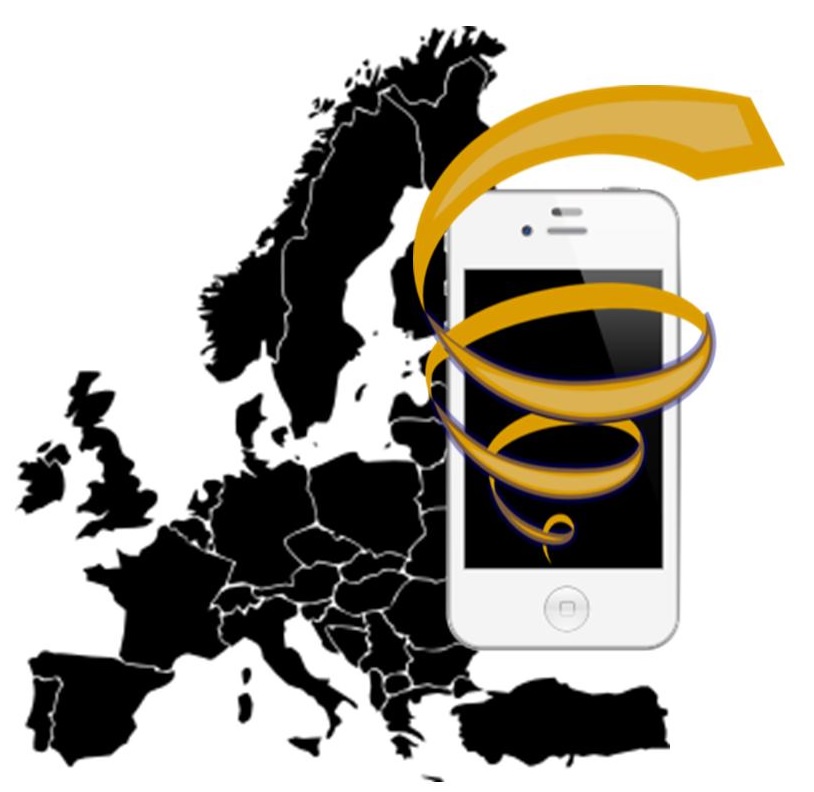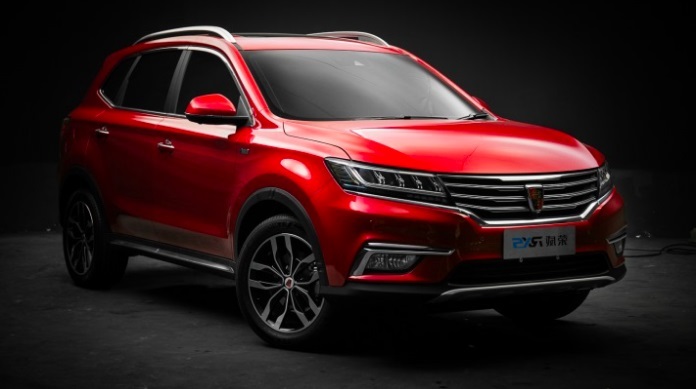Two out of every three people who have a smartphone or tablet have shopped with it over the last 12 months.
The annual ING International Survey – Mobile Banking 2016 revealed a considerable rise in European mobile commerce. In fact, 66 percent of mobile device owners in Europe had purchased something over their smartphone or tablet during the last year.
This represented a notable increase over the figure from the year before when it was 58 percent.
The countries in which European mobile commerce was the strongest are: Turkey, Italy and Poland. Furthermore, 50 percent of mobile shoppers will probably go back to a store that has retained their mobile payment data. The convenience of not having to re-enter credit card or bank account details is an appealing one to smartphone using shoppers in Europe.
 The current data shows more Europeans are using mobile commerce apps and websites than ever before. They are purchasing both services and products. Among products purchased over m-commerce, electronics and clothing are the most popular.
The current data shows more Europeans are using mobile commerce apps and websites than ever before. They are purchasing both services and products. Among products purchased over m-commerce, electronics and clothing are the most popular.
The survey suggested “one-click ordering” is a among the top drivers in European mobile commerce.
ING’s research also underscored an increase in mobile banking. The study showed that 82 percent of people who use banking services over mobile phone or tablet are also shopping over those devices.
The European countries most using m-commerce are Turkey at 88 percent of smartphone owners, Italy at 69 percent of mobile device owners, and Poland, also at 69 percent. That said, the countries experiencing the fastest growth of mobile commerce shopping are France and the Netherlands. Smartphone and tablet owners in those countries are taking part in m-commerce 16 percent more this year than they were last year.
The United States is also seeing a rapid growth. It has risen by 16 percent to reach 74 percent this year. In Australia, the growth was much more modest at only 6 percent, bringing it to 49 percent of device users.
European mobile commerce has risen faster among younger generations of smartphone and tablet user. That said, all age groups have grown in their use of mobile shopping.

 Alibaba’s new car takes a step beyond other cars that are able to access the internet via third-party apps or software. The company wants to make all vehicles a part of the much bigger IoT ecosystem. In this ecosystem,
Alibaba’s new car takes a step beyond other cars that are able to access the internet via third-party apps or software. The company wants to make all vehicles a part of the much bigger IoT ecosystem. In this ecosystem, 